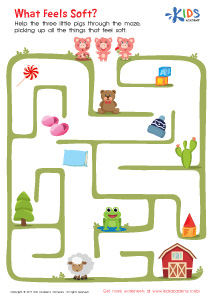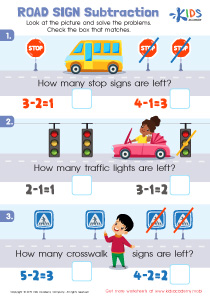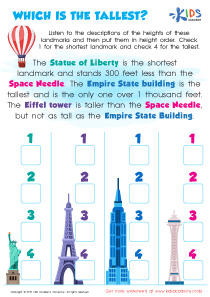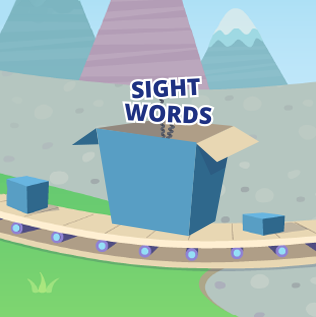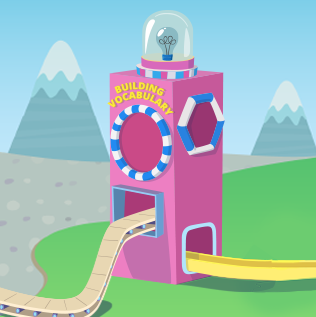English Language Arts Lessons | Other Parts of Speech, Grade 3
0 results
Introducing our Other Parts of Speech Lessons! This engaging and interactive program is designed to help your Grade 3 child master adverbs, prepositions, and other important parts of speech. Our lessons feature a variety of instructional tools, including interactive worksheets, educational videos, and assessment quizzes, all tailored to the needs of young learners. With our fun and effective approach, your child will build essential language skills while having fun. Whether your child needs a little extra help or simply wants to sharpen their language skills, our Other Parts of Speech Lessons are the perfect choice. Join us today and discover the joy of learning!
As children progress through their school years, the complexity of the English language becomes more apparent. One aspect of that complexity is understanding the different types of words that make up a sentence. That's why our Other Parts of Speech Lessons are so important to children in Grade 3.
Our lessons cover the fundamental building blocks of language, including nouns, verbs, adjectives, adverbs, prepositions, conjunctions, and interjections. By understanding the nuances of each type of word, students will be better equipped to communicate effectively and clearly, both in writing and in speech.
One of the main benefits of our Other Parts of Speech Lessons is that they are designed to be interactive and engaging. Our worksheets are carefully crafted to help children not only understand the various types of words, but also to apply that knowledge to real-world situations. For example, children might be asked to identify different types of words in a sentence, or to create their own examples of each type of word.
In addition to worksheets, our lessons may also include educational videos, which can be particularly helpful for visual learners. These videos might feature animated characters or even live-action scenarios that demonstrate the proper usage of different types of words. By seeing these words used in context, children can better understand how they are supposed to be used.
Finally, our Other Parts of Speech Lessons include assessment quizzes, which allow children to assess their understanding and track their progress. By taking these quizzes, children can learn not only how well they understand the material, but also where they may need to focus their efforts to improve.
But why are these lessons so important? After all, children will certainly encounter these types of words in their daily lives, regardless of whether or not they know the proper terms for them. The answer lies in the importance of language as a tool for communication. When children understand the different types of words and how to use them, they are better able to express themselves in ways that are clear, concise, and effective.
For example, consider the difference between saying "I ran" and "I ran quickly." The addition of the adverb "quickly" provides valuable information about the action, making the sentence more descriptive and interesting. Similarly, using a variety of nouns, verbs, adjectives, and adverbs can help children communicate their ideas more effectively, whether they are writing a story or giving a presentation in class.

